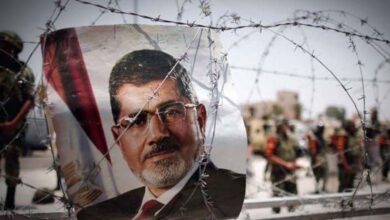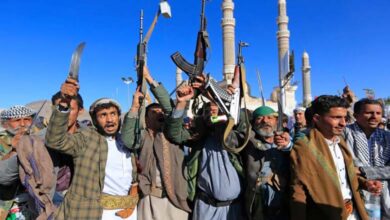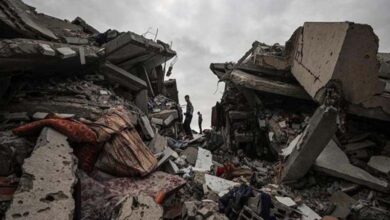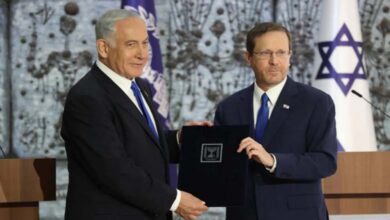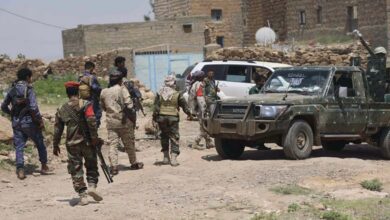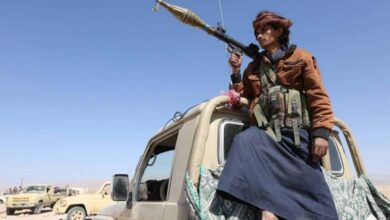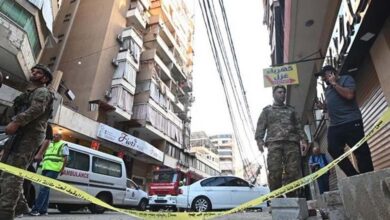Experts Reveal the Muslim Brotherhood’s History of Violence and Terrorism in the Arab Region – Details
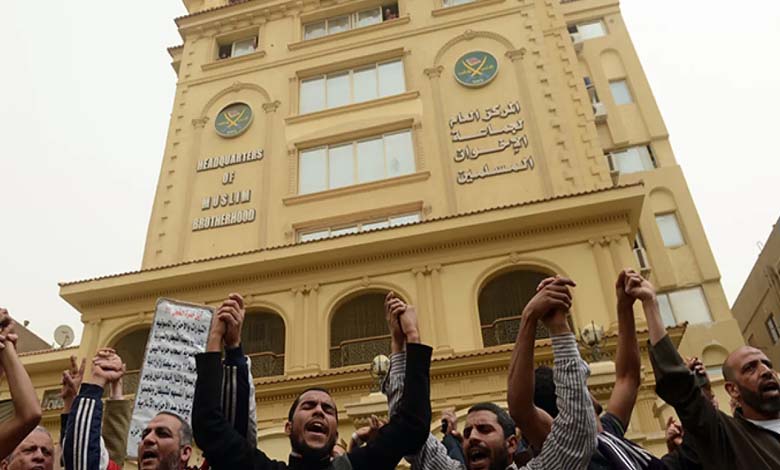
Since the 1970s, when the group faced conflicts with the Egyptian state, and through the 1990s, which saw bloody confrontations with the authorities, the Muslim Brotherhood has not hesitated to use violence as a means to deal with its political opponents. These actions played a major role in spilling blood and increasing tensions in the country.
-
What is the Relationship between the Founding of the Muslim Brotherhood in Egypt, Iraq, Syria, and the Greater Israel Project?
-
“Year of Lies and Blood”: Major Terrorist Crimes Committed by the Muslim Brotherhood in Egypt
With the outbreak of the Arab Spring in 2011, the Muslim Brotherhood managed to seize power in several Arab nations, including Egypt, where they won a significant victory in both parliamentary and presidential elections through their party, Freedom and Justice. However, the group quickly exposed its inability to govern, ignoring the people’s demands for social justice and freedom. Instead, they sought to consolidate power, which triggered public outrage and a massive popular uprising against their rule, as noted by Tariq Al-Bishbishi, a former senior dissident of the Muslim Brotherhood.
-
Health of Ghannouchi deteriorates after his arrest… New Islamist game, similar to the Brotherhood in Egypt
-
A new slap to the Brotherhood in Egypt; The failure of calls November 11 marks the end of the terrorist organization
In a statement to the Egyptian newspaper Al-Watan, Tariq Al-Bishbishi added that in 2013, at the peak of popular protests against ousted President Mohamed Morsi, the Muslim Brotherhood began using violence against demonstrators, leading to numerous casualties. This escalation served as a warning to the international community about the dangers of dealing with a group that relies on force to impose its policies. Instead of seeking dialogue and mutual understanding with the opposition, the Brotherhood intensified its confrontations, resulting in more bloodshed on Egyptian streets.
-
Media Recalls the Crimes of the Muslim Brotherhood and Their Attempt to “Burn Egypt”
-
An Expert Reveals the Plans and Names of Muslim Brotherhood Centers Targeting the Region and Egypt
He further emphasized that the Brotherhood’s activities were not confined to Egypt alone but extended across multiple Arab nations, sparking controversy in many cases. In some instances, the group sought alliances with ruling regimes to maintain its influence, while in others, it was accused of imposing its rigid ideology, leading to violent clashes with governments in Egypt, Syria, and Bahrain. This ongoing violence undermined social stability, as the group’s ideology deepened sectarian rifts and fueled societal divisions.
-
The Muslim Brotherhood and Lies: The group promotes old videos to deceive Egyptian public opinion
-
Rumors of the Muslim Brotherhood Reach Raba’a and Nahda… Egypt Denies
Meanwhile, Talaat Abdel-Qawi, a member of the Egyptian Parliament, asserted that the Muslim Brotherhood had committed grave mistakes in its dealings with both the people and the state. Their violent approach, marked by excessive force and bloodshed, exacerbated crises throughout the region. He further stated that the Brotherhood failed to understand the nature of Egyptian and Arab societies. Instead of adopting a political approach based on dialogue and consensus, they chose violence and force, leading to the deaths of innocent civilians and ongoing instability.
-
Did the Muslim Brotherhood aim to destroy the Egyptian identity? Details
-
The “Hasm” movement of the Muslim Brotherhood aimed to overthrow the ruling regime in Egypt… How?
In his statement to Al-Watan, Abdel-Qawi stressed that the events in Egypt and other Arab countries confirm that the Muslim Brotherhood failed to learn from its past mistakes. Instead, they persisted in a hostile strategy that widened the gap between the people and the government, making their rule unsustainable. He concluded by asserting that the group had no real plan for governing the state effectively, prioritizing their partisan interests over the nation’s welfare.
-
Lies and Allegations: The Muslim Brotherhood Exploits the Palestinian Issue to Undermine Egypt’s Image
-
From the Middle Leadership of the Muslim Brotherhood… Harsh Sentences Against a Brotherhood Cell Aimed at Striking the Egyptian Economy


